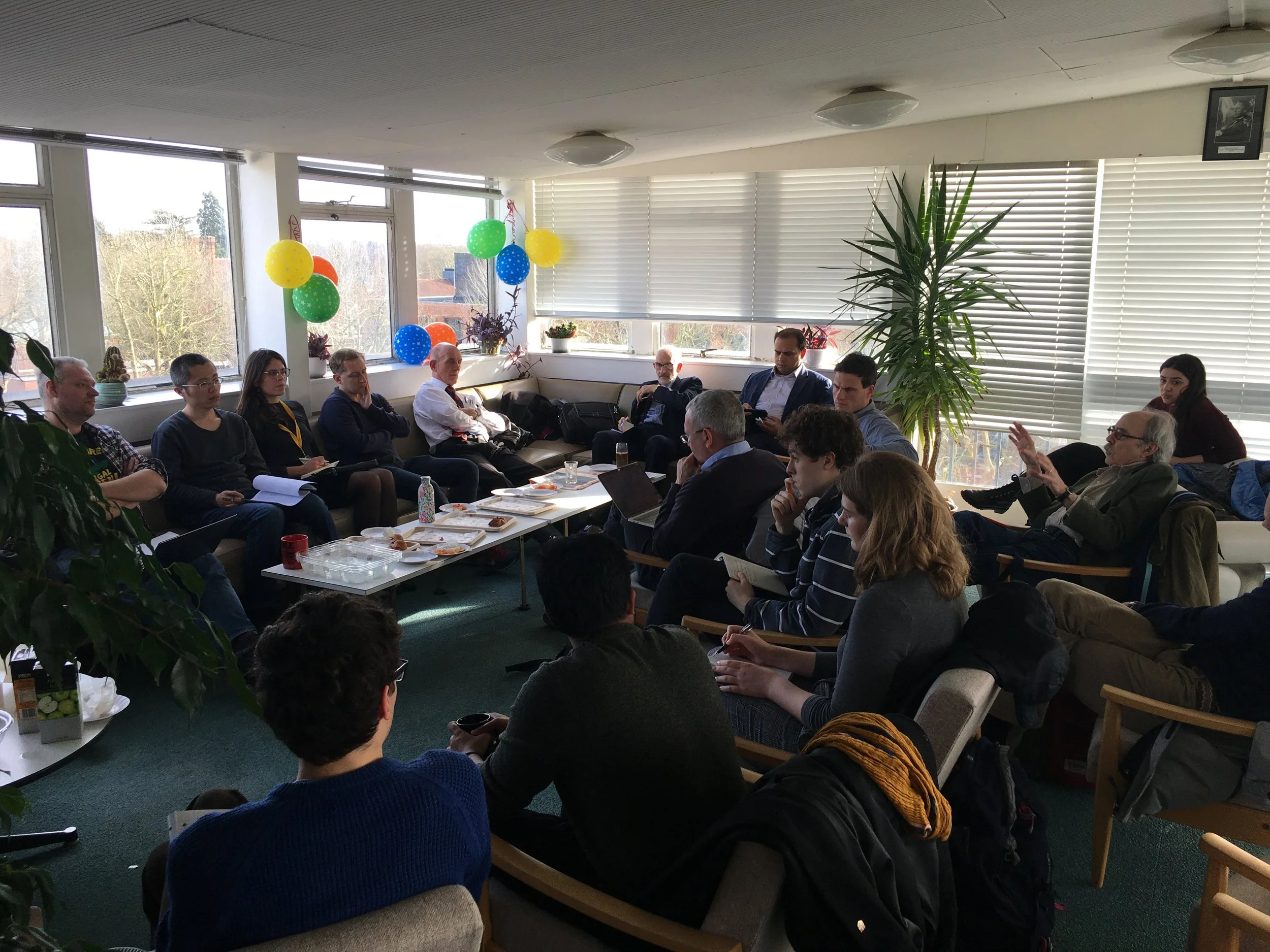Jin Sun (Central University of Finance and Economics) will be presenting her work on “Trade, Finance, and the Environment: The Effects of Green Trade Financing on Carbon Emissions”
Note that Jin will be joining us online, but do join us in person for lunch and discussion at the CRASSH meeting room.
About this session: The rapid expansion of green trade financing is reshaping global trade dynamics and offering new opportunities for carbon emission reduction. Our study examines the impact of Green Trade Financing on carbon emissions across a global sample of countries from 2012 to 2022, providing new insights into the environmental advantages of green trade policies. Our findings reveal that Green Trade Financing has a significant impact on reducing emissions, primarily through fostering technological innovation and encouraging the adoption of cleaner energy sources. The analysis also identifies regional differences in the effectiveness of Green Trade Financing, with stronger emission reductions observed in countries with higher levels of economic development, more advanced trade development, and greater environmental awareness. These results highlight the potential of green trade financing as a key driver for sustainable development, offering valuable insights for policymakers to align trade and finance with environmental objectives and climate goals.
When: Monday 24th of February
12.30-12.45 Light lunch and networking
12.45-14.00 Talk and Q&A.
Where: CRASSH meeting room (Alison Richards Building) on the Sidgwick site.
Lunch: A light lunch will be provided, but bring along your drink of choice!
Zoom: You can also join us virtually on Zoom.
The weekly climaTRACES workshops, organised by Kamiar Mohaddes and Henning Zschietzschmann, are attended by a diverse group of people from economics, geography, politics, engineering, business, earth sciences, natural sciences, and history, generating interdisciplinary discussion. One person leads the session, on either a paper they have written, a work in progress, or just an idea they have and would like feedback on. This is also an opportunity for people to find our more about the team on what climaTRACES have been up to and what future events and research projects are being developed.




